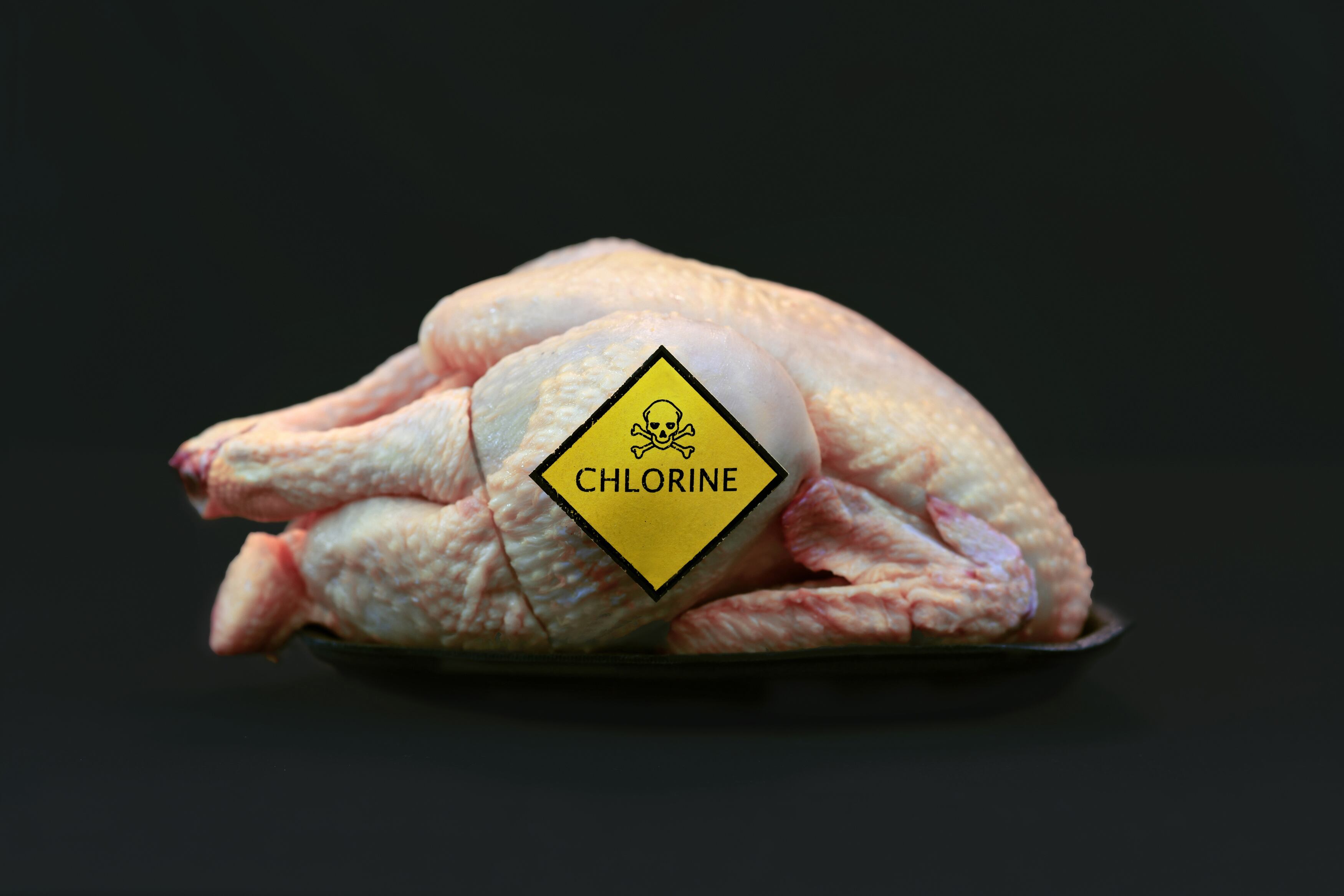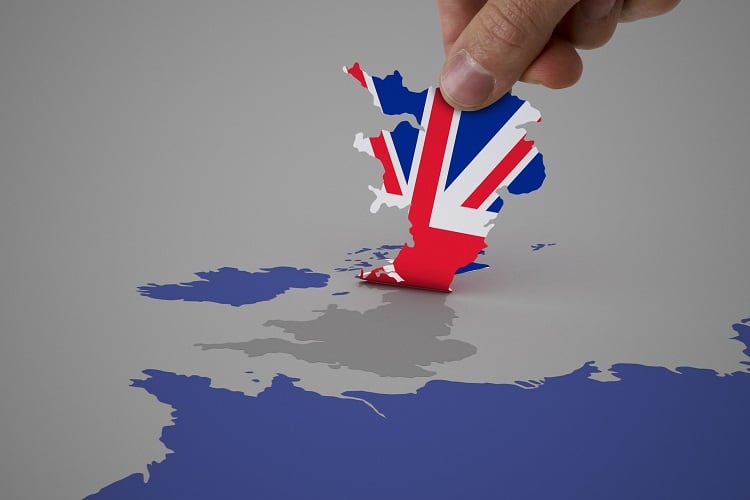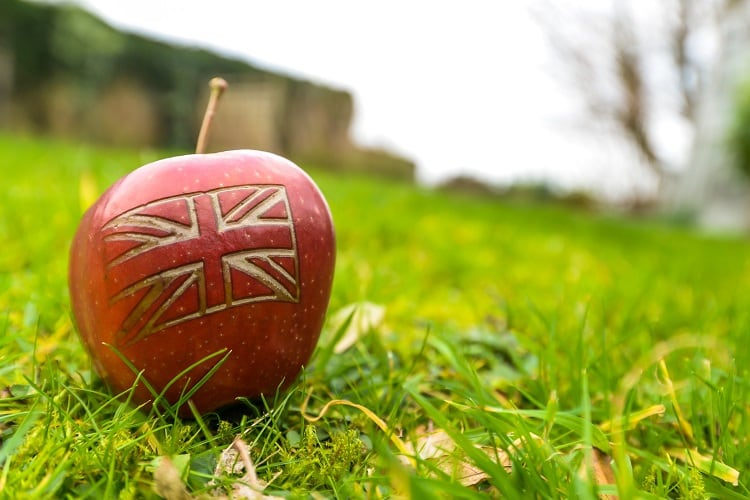The second round of talks between the UK’s international trade secretary Liz Truss and US trade representative Robert Lighthizer are due to begin on Tuesday (16 June) via video conference.
The UK government has long promised that in any future agreement it will continue to uphold high standards on food safety and animal welfare as it embarks on life outside the EU.
But an amendment to the Agriculture Bill, which would have banned low standard food imports (including now notorious US chlorinated chicken and hormone-fed beef), was defeated in Parliament.
The UK government is considering a "dual tariff" system whereby any imported US meat produced using controversial methods would be given a high tariff. Produce meeting current UK standards would be charged at a lower rate, or exempt.
But Sue Davies, Head of Consumer Protection and Food Policy at Which?, has written to Truss complaining this “weaker approach risks both destroying the public’s trust in trade deals and leaving our future national approach to food entirely compromised”.
According to a Which? survey of over 2,000 UK consumers, 72% of respondents said they do not want food of a lower standard imported into the country.
“Since the BSE crisis, the UK has led a food safety revolution that has given us an enviable system across the food chain,” the letter said. “This could all be at risk depending on the approach that the government takes when it begins a second round of trade talks with the US.
“We believe it is vital that all consumers can buy food produced to the UK’s high standards, and we do not create a two-tiered system where it is only those who can afford to who can do this.”
The UK-based National Farmer Union (NFU) is also urging the government not to undermine environmental and animal welfare standards in future trade policy.
Its food standards petition asking the UK Government to ensure all food imports are produced to the same high standards as British farmers has so far gained over 976,000 signatories.
NFU President Minette Batters said: “For food and farming, we have the potential to be at the very top. But we need a trade policy that safeguards our farmers and British food production from the damaging impact of importing food that would be illegal to produce here. Failure to do this would undermine our values of animal welfare, environmental protection and food safety, all of which are incredibly important to the public.”
Davies added: “UK consumers have a legitimate fear that two decades of progress on food safety and animal welfare could be traded away in just two weeks of negotiations with the US, due to the government's failure to provide clear assurances that food standards will be upheld.
“While there are many benefits to be gained from a trade deal with the US, this cannot be at the expense of our food standards and consumer confidence in what we eat.
"The government must stand by its promise to protect food standards by legislating in the Agriculture or Trade Bills, so British consumers can have confidence that these standards will not be undermined by future trade deals."




